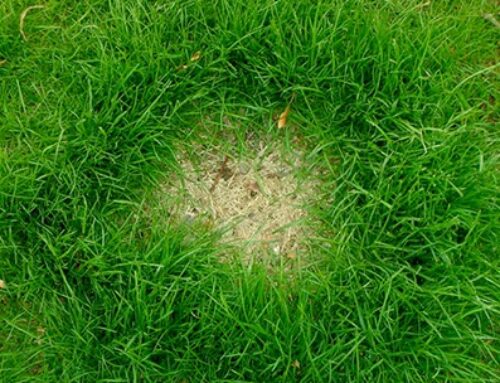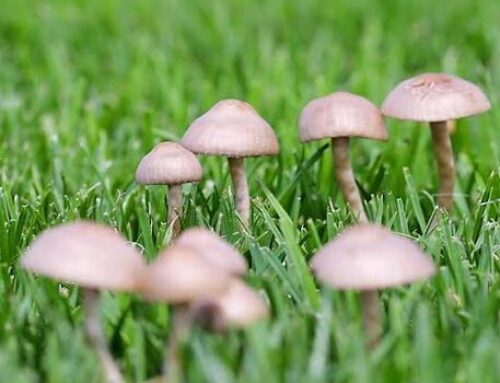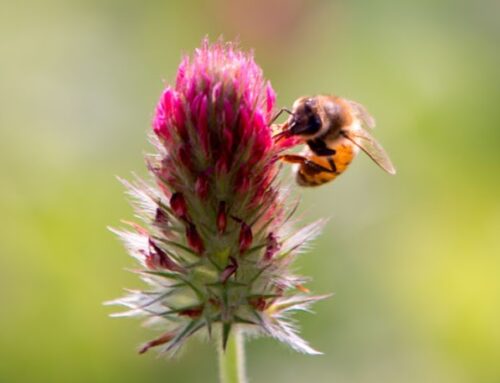5/31/18 – Lexi Rhoden (Investigative piece by ProLawns office staff)
Commercial Charcoal -Typically used for grilling, not good as a lawn fertilizer. Charcoal has many uses such as art, medicine, cooking fuel, automotive fuel, purification, etc. The common charcoal is made from peat, coal, wood, coconut shell, or petroleum.
Homemade Charcoal Briquettes – are a fuel source made from recycled agricultural waste products. As an ecologically sound alternative to commercial charcoal briquettes, the homemade version does not include lighter fluid and harmful chemicals. A variety of crop residues, such as corncobs, sugarcane and bamboo, replace the wood that’s used to make commercial briquettes. Bananas, aloe and cassava are commonly used as starchy ingredients to bind the burned and crushed agricultural remains together before they are shaped in molds. The resulting homemade charcoal product is called biochar.




